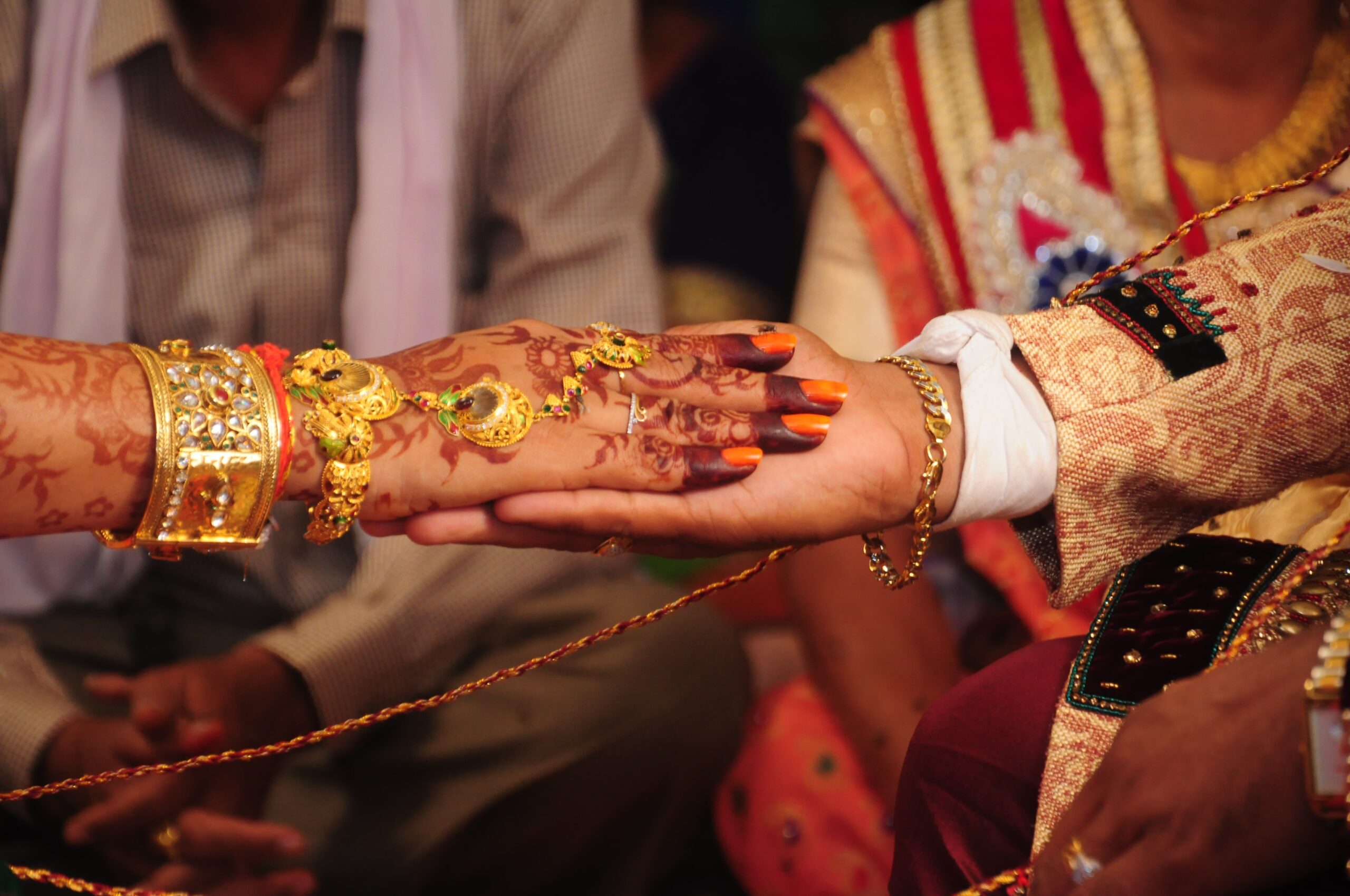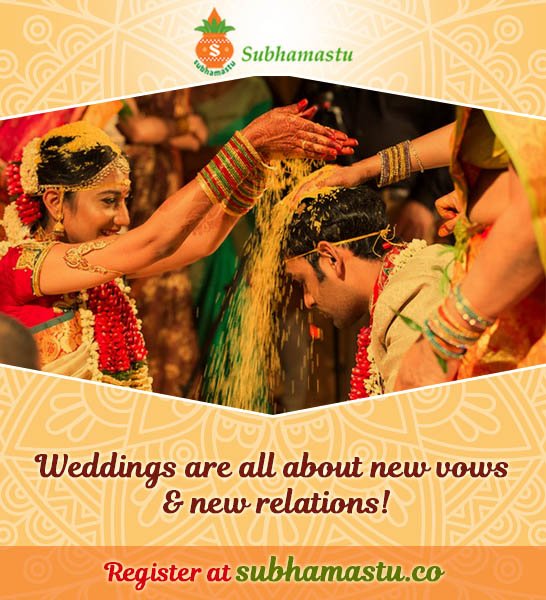The last two decades has seen every industry in India undergoing an innovation that can be modestly termed disruptive by any standard, thanks to entry and quick penetration of Internet. Not to overstate, factually the internet has redefined the way any business is conducted. Matrimonial consulting is no exception.
Conventionally known as match making or marriage consulting or marriage broking, this industry is driven by pure human involvement at every point in the whole process. The consultants or intermediaries, typically addressed as ghataks or vectors operating from a particular place used to nurture tie-ups with other consultants and this network operated on the plank of mutual cooperation in the form of information sharing and client referrals. In this process one agent used to carry information from one point to the other making a marriage happen. Such agents have wider choice of options and vast databases of profiles, whatever community they are dealing with, resulting in more fruitful marriages. As well, they perfectly execute the work as matchmaking being their pure source of livelihood. Once a match was set they used to receive lump sum consideration either in the form of cash or gifts from the both the parties.
Also there were some privileged members of a particular community handling match making process called ‘kulacharyas’ some 7-8 decades ago. They were experts in recording and maintaining family histories and were sitting on highly private and restricted information which made them very popular and venerable in respective societies. They were the instrumental vectors in transmission of marriage information in early centuries.
Traditionally the well-wishing relatives or friends used to involve in the match making process. This practice started receding as failed marriages made these voluntary matchmakers responsible for soured marriages. Though the match making process in India was mostly happening within the families and relative circles, 80s and 90s have seen the fruition of match makers and gradually they mushroomed into huge numbers. Nevertheless, very few of them operated with an organizational setup, and majority functioned in either an independent mode or a freelance mode. These decades also saw the new trend of using print media for publicizing the matrimonial profiles for broadcasting the information to a widespread audience. The leading newspapers made it a practice to carry vast matrimonial information in their daily once a week, most probably Sunday or Saturday. This practice is continued till date. Almost all leading newspapers have this featured page.
After the print media, it was the turn of electronic media. As mentioned above the entry of Internet has redefined the match making process and online matrimony portals emerged from nowhere which turned out to be a practical alternative to conventional platforms. And today they are the leaders of marriage consultants segment are offline marriage bureaus and online matrimony portals. Marriage bureaus with multiple branches across the state or nation will have a centralized database of information that would be shared among branches. These bureaus engage in serving either a single community or multiple communities. However risk lies with this platform as the information is undependably transferred, which may sometimes land in wrong hands. One advantage with this kind of interfaces is they are equipped with required professionals including marriage counsellors, advocates, and counsellors.
With online matrimony portals occupying the prime space offering state-of-the-art features including social sharing options, chat rooms, community specific interfaces etc they are fast becoming the most preferred option. This kind of platforms offers appealing and engaging services to their registered members. Subhamastu.co is evolving into a dependable service provider in online Kamma Community Matrimony offering the best features in the industry.
Subhamastu is a matchmaking website for Kamma caste people. Kamma is a Hindu community predominantly found in Andhra Pradesh and Telangana. They speak Telugu. Eligible marriage seekers can register their biodata on a Kamma matrimonial website to find a suitable match within the Kamma community.




